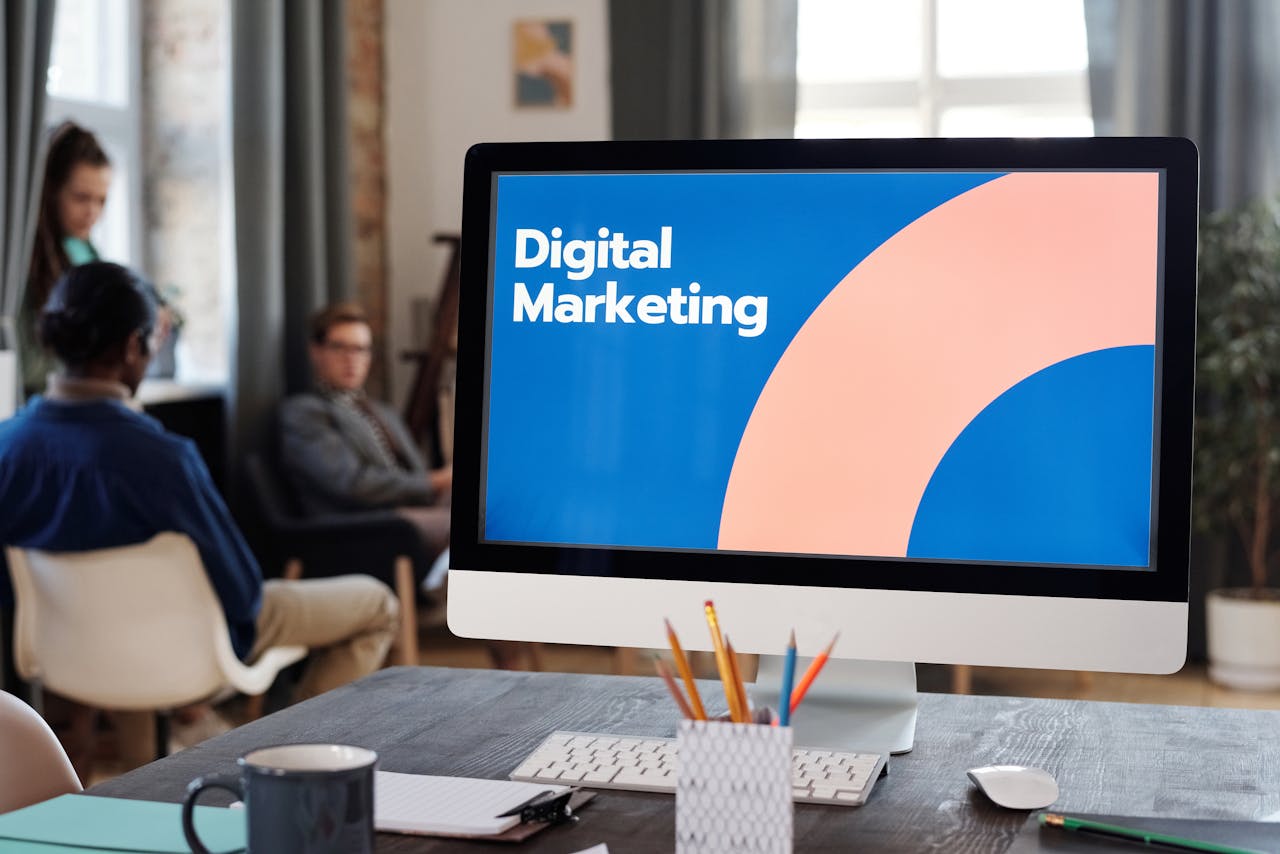It’s an undisputed truth that your company needs a website. Hiring a web developer, however, is not the first (or only) choice to make that happen. Your company needs a home on the internet, and there’s a lot of appeal to the idea that you can make that happen while keeping full control of your website and the final say on every design, right from home, right this minute. This is the attraction of DIY websites.
What is a Website Builder?
Unlike custom-designed websites, DIY websites are websites that you can build online from pre-set themes or drag-and-drop templates. Companies such as WordPress provide thousands of free or paid customizable themes and companies such as Wix offer drag-and-drop paid themes that anyone can modify and publish immediately – even if you’re not a web designer. You can also get a drag-and-drop editor from Visual Composer for WordPress, which requires slightly more technical capabilities than Wix but is much more customizable and mobile-friendly.
The downside, huh? DIY websites have limited technological and design capabilities, generally have low-cost hosting, suffer from slow loading times, and often look generic (even with your modifications to a theme).
It may be tempting to try to build your business website when you need an advanced or custom website to achieve your business goals. Having said that, micro-businesses or hobbyists may find value in a DIY solution.
Let’s take a look at some of the pros and cons of DIY websites from a variety of angles.
The Pros
- Easier and cleaner design. The main pro of drag-and-drop work is that you can design in HTML or CSS without any knowledge. You don’t need to code anything because you can go to the platform and place headings, text, photos, and email subscription bars. Many of the drag-and-drop website builder platforms also have pre-made templates that already look attractive.
- Support for technology support. Sometimes website builders will have customer service that you can get in touch with for help. If you need technical support, read through the service features and the agreement to choose the best platform.
- Speed. The ease of design means that you can get up and run fast.
The Cons
- Appears generic. Lack of customization can make your site look like a lot of other sites because you’re using templates that a lot of other people use. Take some time to do what you can to personalize to combat this. Play with fonts, colors, photos, and copy to set your site apart from others. You might have to pay a little extra to remove the name and branding of the website builder platform.
- The cost. You pay for the ease of using drag-and-drop web builders. The fee may be monthly compared to, say, a WordPress self-hosted site where the website builder is free and you pay for web hosting. Compare a shop with multiple website builders to see which one fits your budget while giving you the most capabilities.
- Can’t customize the site as much as you can. Lack of customization is where you may encounter problems with your drag-and-drop platform site. There are limits to what you can and can’t do that can make you feel pain.
Does Your Business Need a New Website That Brings in New Business?
Remember, when creating a website you have two equally important audiences: Humans and Google. Most website designers stick to designing for humans. Why? Because the client wants a beautiful site first, and the designer is interested in making that client happy. But unfortunately, that’s where most designers stop. Magnified Media designs sites for both Humans and Google. Why again you ask? The reason is simple – if you don’t make your site Google-friendly, it won’t ever get seen by Humans! Interested in seeing what we can do for your business? Schedule your free Online Presence Audit now.









